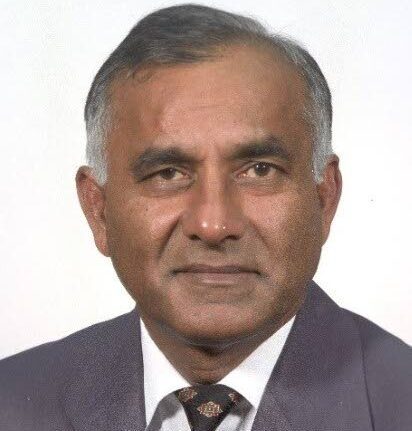The recall proposal

TREVOR SUDAMA
GIVEN THE general frustration with the lack of delivery of governmental services and the frequent complaints of deficient representation, real or assumed, by elected representatives, some have recommended a recall provision to be included in a revised constitution.
However, very little thought is given to issues with respect to the implementation of this proposal. It ought to be mentioned that only a few democratic countries in the world have such a provision in their constitution and there are very few cases in which it is invoked.
In addition, one would imagine that there is an obligation on the sponsoring political party to have procedures and mechanisms for continuous appraisal of the performance of elected representatives, and for providing corrective advice and warnings where necessary.
If this is not done, then it reflects a deficiency of party oversight and accountability measures and a failure of party leadership. After all, it is the party leadership that approves a candidate that is elected, and the non-performance of representatives is of reputational significance to the party and its fortunes.
A preliminary issue relates to the basis of assessment of failure of a representative:
(a) Is it neglect or indifference to making representation?
(b) Is it that representation is made but there is a failure by the competent authorities to deliver due to discrimination or lack of resources?
(c) Is it a question of visibility with respect to keeping regular constituency office schedules and periodic contact with communities?
(d) Is it an expression of discontent with the general state of affairs in the country and in the community, with the consequence that the elected representative justifiably or unjustifiably becomes the target of this negative emotion and such scapegoating constitutes a form of political catharsis?
With respect to the modalities of giving effect to the recall proposal, certain pertinent questions arise:
1. Who will be empowered to initiate the recall process? Will it be confined to the members of the party on whose ticket the representative was elected, and how will bona fide party membership be confirmed? Will such party membership lists be made public in order to conform to an open and transparent process, and will all party members be agreeable to a public disclosure of their names?
In the case where the process is open to the participation of all electors in an electoral district, will there be a possibility that members of an opposing party will invoke the procedure for recall in order to undermine the incumbent’s party and create political distraction and confusion?
In both instances, what will be the minimum percentage of members/electors required to initiate the process? Could each stage of the process be open to a court challenge for clarity or constitutionality?
2. Once a minimum requirement for recall is satisfied, a vote in favour of or against must be held. If successful, a by-election must be held to fill the vacancy. If unsuccessful, the status quo remains. In all cases, there will be resort to vigorous campaigning and canvassing and a great deal of financial, political and community resources would be expended.
There are 41 elected Members of Parliament, 141 local government representatives and 12 in the Tobago House of Assembly, for a total of 194 elected representatives.
If there is just a 20 per cent rate of dissatisfaction with representation to trigger the recall provision, that would be 39 voting sessions for recall followed by a possible 39 by-elections in a three-year span (36 months) of a parliamentary term (excluding years one and five), and possibly within a simultaneous local government term.
This eventuality may result in the need to have more than one recall vote per month and possibly the same number of by-elections per month.
The issue is whether having a recall vote and a by-election with such frequency will result in:
(a) A distraction from other critical pursuits of governance.
(b) The expenditure of an enormous amount of financial, political and communication resources.
(c) Greater political exhaustion and voter fatigue.
(e) A decreasing level of electoral interest and participation.
Thus, in view of the above, the political and electoral feasibility of the recall proposal is open to serious question.

Comments
"The recall proposal"